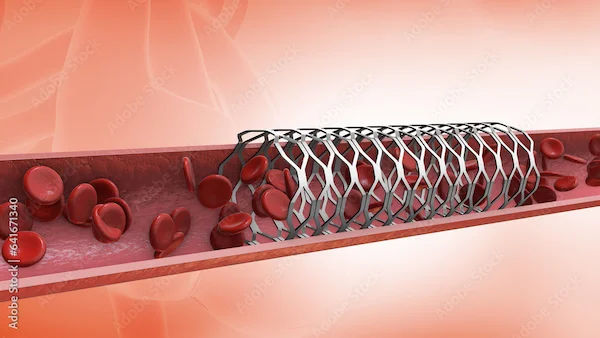- female
- 45 Years
- 20/02/2025
I'm wondering where I can get a Holter monitor test because I've been experiencing these occasional heart palpitations or skipped beats for almost 34 months now. Its starting to worry me, and I just want to make sure everything's okay. Can you help me with this?
Answered by 1 Apollo Doctors
take treatment
Dr. Dhankecha Suggests...
Consult a Cardiologist
Answered 04/07/2025
0
0

More Cardiology Health Queries
View allI'm trying to understand more about concentric lvh as I've been dealing with high blood pressure for the last 5 years. I've been taking Telma 40 mg daily, but I'm not sure if that's enough. Could you please explain what treatments are recommended for lvh? I'm really worried about this condition and just want to make sure I'm doing everything I can to manage it properly.
See a specialist for accurate diagnosis and targeted treatment.
Answered by 1 Apollo Doctors
I'm feeling really shaky and I've been having these spells of dizziness, lightheadedness, and nausea. I've been keeping an eye on my blood pressure since around 5pm, and it's been all over the place. It started at 12987 with a pulse of 75, then went to 13994 with a pulse of 89, 13795 with a pulse of 84, 13387 with a pulse of 70, and now it's at 13290 with a pulse of 76. I made sure I was sitting up straight and resting before and during each check. I'm really trying to figure out what's going on with me. Can you help?
Your symptoms of shakiness, dizziness, lightheadedness, and nausea, combined with fluctuating blood pressure readings, may indicate dehydration, anxiety, or an underlying condition such as orthostatic hypotension, hypoglycemia, or autonomic nervous system dysfunction; consider consulting a healthcare professional for a thorough evaluation and potential tests, such as blood work or an ECG, to determine the underlying cause.
Answered by 1 Apollo Doctors
I'm 35 and I've been having this pain in the middle of my chest since last evening. It feels like it's right in my chest cage and it gets worse when I move around. I'm not having any trouble breathing, which is a bit of a relief. Before this, I had some lower back pain, but that kind of went away on its own. And just last week, I had a stomach infection and took antibiotics like augmentin and medications like pantoprazole and meftal Combiflam based on the symptoms. Can you help me figure out what's going on and suggest a treatment? I'm a bit concerned about this chest pain.
take tablet zerodol
Answered by 1 Apollo Doctors
Disclaimer: Answers on Apollo 247 are not intended to replace your doctor advice. Always seek help of a professional doctor in case of an medical emergency or ailment.





